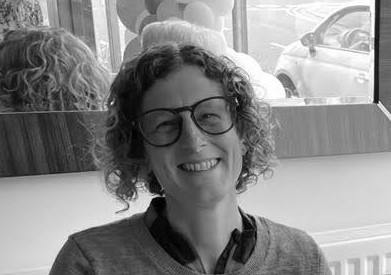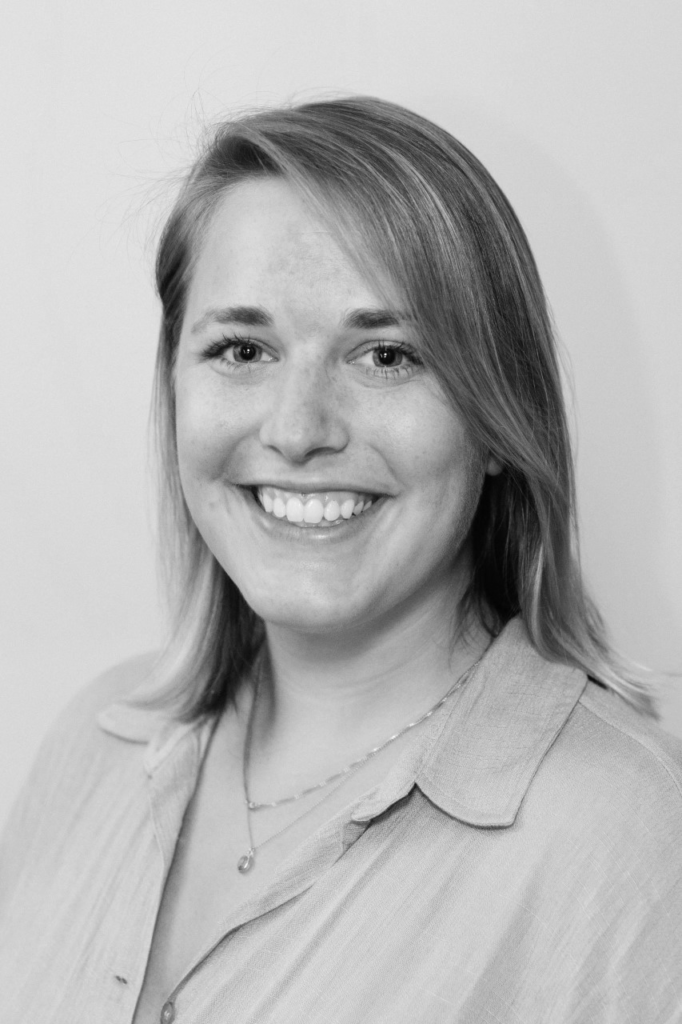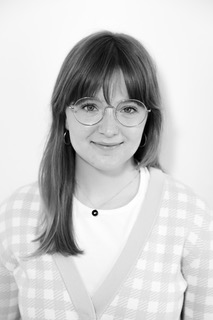In this episode, Ewan McAndrew, the University of Edinburgh’s Wikimedian in Residence, is joined by Diana Paton, lecturer at the University of Edinburgh and the William Robertson Chair of History, Lucy Crompton-Reid, Chief Executive of Wikimedia UK, Lucy Parfitt, former President of the University History Society, two history students, Grace King and Siân Davies, and Hannah Rothmann, a former Wikimedia intern and Classics student, to discuss Wikimedia, history and how the two topics are interconnected. Particularly, they discuss the Scotland Slavery and Black History Project. This episode is the fifth and final of our Wikimedia Series, which aims to recontextualize Wikimedia’s role in academia on its 21st birthday.
While Wikipedia strives to be a complete knowledge base, it has many gaps and issues. In an attempt to address these gaps, a group embarked on the Scotland Slavery and Black History Project, in which academic staff, the Student History Society, and volunteer undergraduate and postgraduate students were invited to improve public knowledge of Scotland’s black history and to help make Scotland’s deep connections to Atlantic slavery better understood.
As of today, around 15000 words have been added to four new Wikipedia articles, with an additional 56 being improved. These pages have been viewed over 1 million times. One is about Jean-Baptiste Philip, author of Free Mulatto, a pamphlet that argued for greater rights for people of mixed African and European descent in Trinidad. Another is on Jesse Ewing Glasgow Jr, an African American intellectual who authored a radical pamphlet about John Brown’s Harper Ferry raid in 1859. Amendments were also made to Henry Dundas’ page, following media coverage of the back and forth discussions on his activity in relation to slavery.
Today’s participants begin the conversation by discussing what drew them to the project and its formulation. They also consider Edward Gibbon’s quote, “History is indeed little more than the register of the crimes, follies, and misfortunes of mankind.”
I think history is a lot more than that. History is also the resourcefulness of human beings and their struggles and efforts to overcome some of those crimes and follies. And it’s also a whole load of other things that are not primarily about the political implications of that quote. I think there’s a whole range of cultural elements of history that are really important to investigate, to think about how they interact with other with the more kind of traditional, conventional political elements of history that possibly are being indicated there by Gibbon.
Diana Paton
The group’s conversation revolves around the Scotland Slavery and Black History Project, but it often diverges into fascinating territory regarding Wikipedia and History. Is Wikipedia a source, a source aggregator, or both? What role can Wikipedia play in documenting history’s ever-changing nature? What kind of conversations follow a project such as this one, and what conversations does it necessitate?
This conversation is a must-listen for anyone interested in how Wikipedia interacts with history (and vice versa) and how it can be integrated into the curriculum. And as this is the final episode of our series, many thanks to Ewan McAndrew and the many participants who made it a reality.
Listen Now:
Transcript:
|
 Diana Paton
Diana Paton
Diana Paton is William Robertson Professor of History at Edinburgh University, where she teaches courses on the history of Atlantic slavery, Caribbean history, and gender history. She is the author of No Bond but the Law: Punishment, Race, and Gender in Jamaican State Formation, 1780-1870 (2004), and The Cultural Politics of Obeah: Religion, Colonialism and Modernity in the Caribbean World (2015).
 Grace King
Grace King
 Hannah Rothmann
Hannah Rothmann
Hannah is a Classics graduate from the University of Edinburgh (2021). She worked as the Wikimedia Training Intern (summer 2020) to develop training materials to help make editing and contributing to Wikipedia more accessible.
EWAN MCANDREW
Ewan McAndrew has been the Wikimedian in Residence at the University of Edinburgh since January 2016 supporting the university’s commitment to developing information literacy and digital skills as a free resource available to all staff and students. Prior to this, Ewan has worked as an English and Media teacher in the Far East (Japan, Singapore and South Korea) and in Scotland. Latterly, he has completed an Information Management degree, hosted the ‘Celtic Knot’ minority language Wikipedia conference, and launched the Map of Accused Witches of Scotland website.
Lucy Crompton-Reid
Lucy Crompton-Reid is the Chief Executive of Wikimedia UK.
Siân Davies
History student at the University of Edinburgh
Lucy Parfitt
Former History student and President of the University History Society
Series produced and edited by:
 ERIC BERGER
ERIC BERGER
Eric is a Mathematics and Statistics student at The University of Edinburgh, and a podcasting intern for Teaching Matters. Eric is passionate about university student mental health, interviewing researchers for the Student Mental Health Research Network at King’s College London, leading the University of Edinburgh’s WellComm Kings Peer Support Scheme, and conducting research on stigma for People With Mental Illnesses (PWMI). In his free time, he enjoys watching and playing sports, over-analysing hip-hop songs, podcasts, and any sort of wholesome shenanigans.



